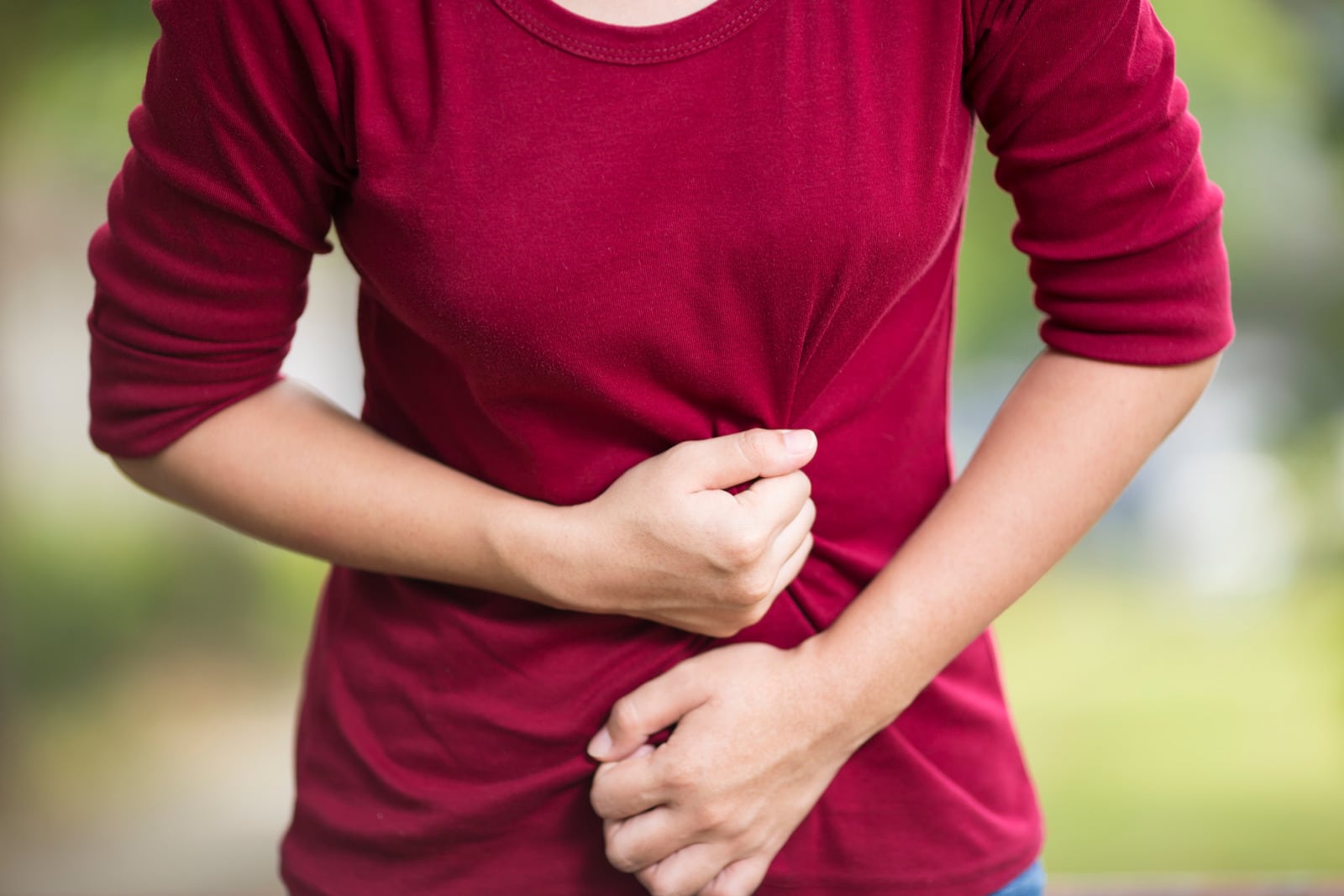Things to Know About Living with Fibroids

Fibroids are non-cancerous growths that occur in or around the uterus. They are also known as uterine myomas, leiomyomas, or fibromyomas. Fibroids can vary greatly; some are so small that they can barely be detected, while others can grow to the size of a cantaloupe or even larger. Fibroids can cause various symptoms, depending on their size and location. Uterine fibroids Houston, TX, may cause heavy bleeding, pain, and pressure in the pelvis, and in some cases, they can also lead to infertility.
Who can get fibroids, and what are the causes?
Fibroids are very common, affecting an estimated 20 to 80 percent of women of childbearing age. They are more common in African American women and obese women. While the exact cause of fibroids is unknown, they appear to be influenced by hormones—specifically, estrogen and progesterone. This may explain why they often grow during childbearing years and shrink after menopause when hormone levels decline.
What are the symptoms of fibroids?
The most common symptom of uterine fibroids is abnormal bleeding. This can include heavy periods, prolonged bleeding, or bleeding between periods. Fibroids can also cause pelvic pain, pressure, urinary frequency, and urgency. Sometimes, they can lead to difficulty emptying the bladder or bowel or cause constipation. Fibroids can also cause fertility problems by interfering with the implantation of a fertilized egg or blocking the fallopian tubes.
How are fibroids diagnosed?
Fibroids are often discovered during a routine pelvic exam or ultrasound. Your doctor may also order blood tests to check for anemia (low red blood cell count) caused by heavy bleeding. If you are experiencing pelvic pain, your doctor may order a pelvic MRI to check for other causes of pain, such as endometriosis.
How are fibroids treated?
The treatment for fibroids depends on the symptoms they are causing. For example, if you are experiencing heavy bleeding, your doctor may prescribe medication to help control the bleeding. If you have pain, your doctor may recommend over-the-counter pain relievers or a heating pad. If fibroids are causing fertility problems, you may need surgery to remove them.
Living with fibroids can be a challenge, but there are things you can do to manage your symptoms and live a healthy life:
Eat a healthy diet
A healthy diet is important for overall health, and it may also help to reduce the symptoms of fibroids. Eating plenty of fruits, vegetables, and whole grains can help to regulate hormones and reduce inflammation. Red meat, fizzy drinks, and processed foods should all be avoided.
Exercise regularly
Exercise can help relieve stress, improve mood, and reduce pain. Additionally, it can aid in hormone regulation and inflammation reduction. Some of the exercise options that may be helpful include walking, yoga, and swimming.
Get enough sleep
Sleep is important for overall health and can help reduce stress and pain. Purpose to sleep for at least 7 hours a night. You need to understand that you’re not alone with fibroids and that treatments can help you manage your symptoms.
If you are struggling to cope with your symptoms, talk to your doctor at Alate Health. They can offer support and advice, and they can also prescribe medication or recommend other treatments.



